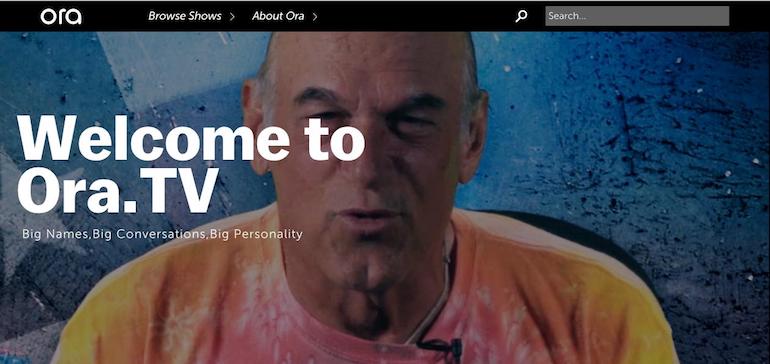Spotlight OraTV: Tailoring Workflow to Improve Video Performance

The Business Challenge
OraTV, an on-demand digital television network, wanted to replace its existing video delivery system with one tailored to its needs and that integrated with the company's content management system (CMS). This would allow producers and editors to streamline their workflow and collaborate to prepare new episodes before any footage was shot. OraTV also wanted finer control over the video transcoding process which needed a significant boost in upload and processing speed, so that breaking news videos could land on the site as quickly as possible. As part of the transfer, thousands of source video files, up to 10GB each and available only via http, had to be moved from the company's old provider to Ora's Amazon Web Services (AWS) account and re-transcoded.
Our Solution
OmniTI began by reviewing the process used to prepare content for the website with the producers and editors and then redesigned the CMS to better facilitate OraTV's work. OmniTI web engineers designed a new schema for episodes, guests and production data that would allow producers to use the CMS to help them plan for upcoming episodes and to upload videos. Because source video files are often very large, OmniTI integrated Aspera's upload manager into the CMS to allow editors to kick off an upload in the background while they worked on other parts of the flow. This allowed editors to easily resume their work in case network connectivity problems caused transaction interrupt. Offline, a callback on completion pushed the videos into a pipeline for Amazon's Electric Transcoder to finalize the process. Videos become available for the users on the website as soon as the first of the transcoded files was complete, resulting in an 800% gain in time to users over the old system.
In order to smoothly launch the new video system alongside reengineered admin workflow, OmniTI web developers built out a set of Amazon EC2 instances running alongside production which resulted in zero downtime in migrating to the new system. OmniTI set up Postgres replication to bring the most recent data from production into the new database and a nightly script converted the data between the schemas. To manage the transfer of video files, OmniTI created a set of tools to progressively download the files via http, upload them to S3 with Aspera's command-line interface, monitor the uploads, and transcode them when they finished.
The Benefits
One of the goals of the initiative was to throttle the process to make the transcoding pipelines clear during the peak hours, while maximizing the speed at which the videos could be processed and made available. Now, OraTV benefits from significant workflow improvements which matches its offline process and allows preparation of an episode before a video is created. Performance gains allow for faster end-to-end processing time and quicker time-to-market, resulting in improved user engagement.
OmniTI helped Ora TV architect a sound technical foundation that has since allowed Ora TV to aggressively expand with a slate of new high profile shows.
~ Terence Hegarty, Vice President of Technology, OraTV
